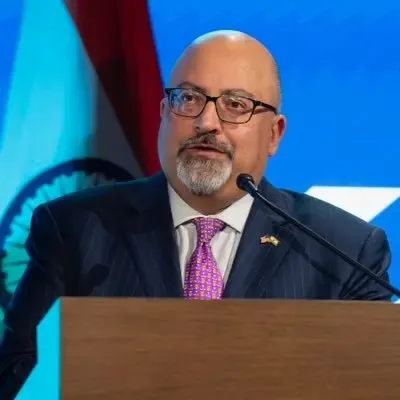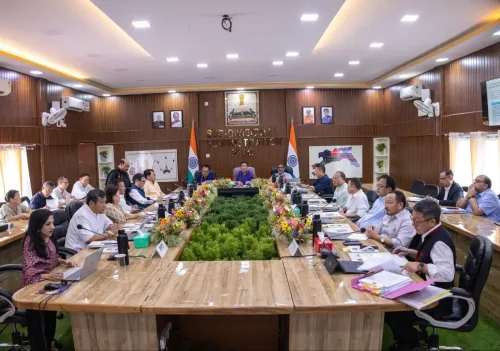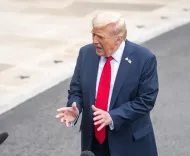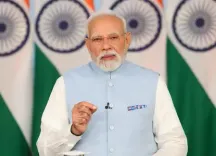Why Did the Election Commission Remove 334 Unrecognised Political Parties?
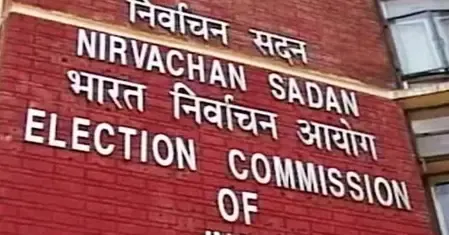
Synopsis
Key Takeaways
- 334 RUPPs have been delisted for inactivity.
- Only 2520 RUPPs remain active.
- Parties not contesting for six years are removed.
- ECI aims to clean the political landscape.
- Parties can appeal within 30 days.
New Delhi, Aug 9 (NationPress) In a significant step to purify the electoral framework, the Election Commission of India (ECI) announced the removal of 345 Registered Unrecognised Political Parties (RUPPs) on Saturday. These parties failed to meet the critical requirement of participating in elections over the past six years since 2019 and had untraceable office addresses listed in their official documents.
"After reviewing all pertinent information and the recommendations of Chief Electoral Officers (CEOs), the Commission has removed 334 RUPPs from the list. Out of the original 2854 RUPPs, only 2520 remain active," stated the ECI in an official release.
"These delisted RUPPs will no longer qualify for any benefits outlined in Section 29B and Section 29C of the Representation of the People Act, 1951, as well as the Election Symbols (Reservation and Allotment) Order, 1968. Any party dissatisfied with this decision may appeal to the Commission within 30 days," the statement continued.
The delisting of these RUPPs is part of ECI's ongoing and thorough strategy to eliminate parties that have become ineffective and exist solely on paper.
In June 2025, the ECI initiated this purging exercise and instructed State and Union Territory CEOs to conduct verification inquiries for 345 RUPPs to assess compliance with the specified conditions.
According to the reports submitted by the respective Chief Electoral Officers (CEOs), 334 out of the 335 RUPPs were found to be non-compliant.
CEOs conducted investigations, issued show-cause notices to these parties, and allowed each to respond and present their cases during personal hearings.
Currently, there are six national parties, 67 state parties, and a total of 2,854 RUPPs registered with the ECI.
Per existing ECI guidelines, any party that does not participate in elections for a continuous period of six years is removed from the registered parties list.
Since 2022, the commission has delisted 284 non-compliant RUPPs and labeled 253 RUPPs as inactive, reflecting its commitment to cleaning up the political landscape crowded by non-functional parties.

